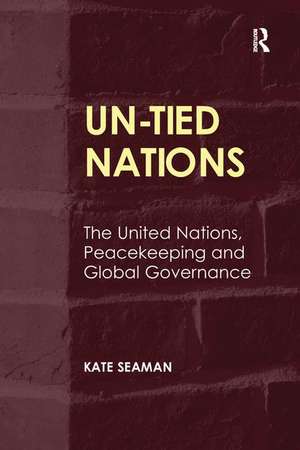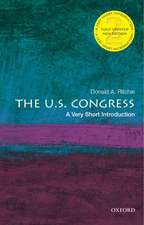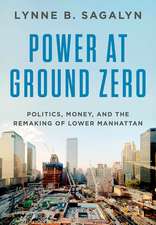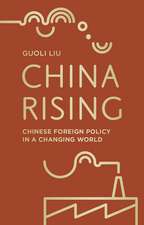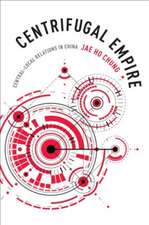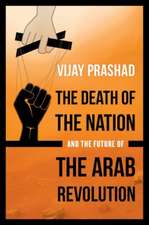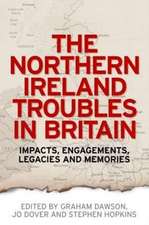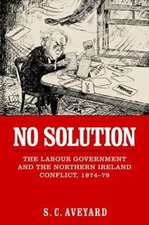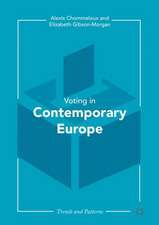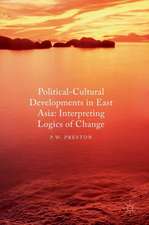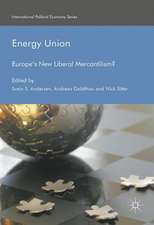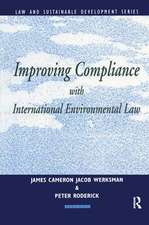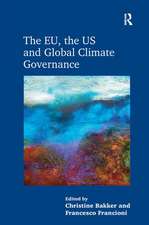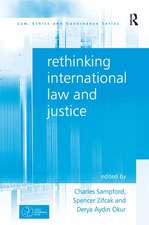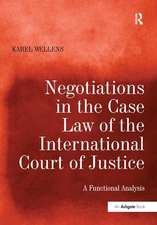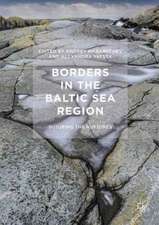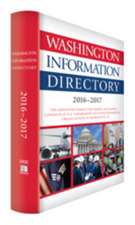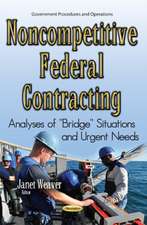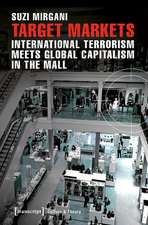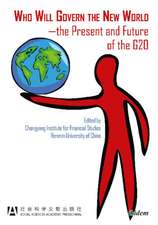UN-Tied Nations: The United Nations, Peacekeeping and Global Governance
Autor Kate Seamanen Limba Engleză Paperback – 9 sep 2016
| Toate formatele și edițiile | Preț | Express |
|---|---|---|
| Paperback (1) | 469.34 lei 6-8 săpt. | |
| Taylor & Francis – 9 sep 2016 | 469.34 lei 6-8 săpt. | |
| Hardback (1) | 1111.72 lei 6-8 săpt. | |
| Taylor & Francis – 20 mar 2014 | 1111.72 lei 6-8 săpt. |
Preț: 469.34 lei
Nou
Puncte Express: 704
Preț estimativ în valută:
89.80€ • 93.77$ • 74.16£
89.80€ • 93.77$ • 74.16£
Carte tipărită la comandă
Livrare economică 15-29 aprilie
Preluare comenzi: 021 569.72.76
Specificații
ISBN-13: 9781138270398
ISBN-10: 1138270393
Pagini: 248
Dimensiuni: 156 x 234 x 13 mm
Greutate: 0.45 kg
Ediția:1
Editura: Taylor & Francis
Colecția Routledge
Locul publicării:Oxford, United Kingdom
ISBN-10: 1138270393
Pagini: 248
Dimensiuni: 156 x 234 x 13 mm
Greutate: 0.45 kg
Ediția:1
Editura: Taylor & Francis
Colecția Routledge
Locul publicării:Oxford, United Kingdom
Notă biografică
Kate Seaman, University of Bath, UK.
Recenzii
A Yankee Book Peddler UK Core Title for 2014 ’As peacekeepers engage with peace-building in intensely divided post-conflict environments, they find themselves labouring in the engine room of other societies' political systems. Should peacekeeping become a form of governance, and if it does, what becomes of the original enterprise of peacekeeping? Kate Seaman's book argues that peacekeeping has been degraded and delegitimised by its encounter with global governance. She supports this argument with interviews with prominent policy-makers, a wide ranging review of the literature on peacekeeping and global governance, and case studies. This book makes a critical contribution to the debate about how peacekeeping and global governance should evolve.’ Hugh Miall, University of Kent, UK ’Conceptually informed and empirically rich, Seaman skilfully unpacks recent developments in UN peace-keeping through the lens of global governance theory. This incisive work brings together and synthesises the -at times - confounding array of voices surrounding the utility of UN peace-keeping operations and brings an impressive degree of clarity to a frequently opaque discussion. The analysis presented is compelling, at times provocative and always illuminating.’ Feargal Cochrane, Conflict Analysis Research Centre, University of Kent, UK
Cuprins
Acknowledgments List of Abbreviations; Introduction; Chapter 1 The United Nations, Global Governance and Peacekeeping. Where Does the United Nations Fit?; Chapter 2 The Impact of Global Governance on United Nations Interventions in Violent Conflicts; Chapter 3 Legitimacy and Power; Chapter 4 Democratisation; Chapter 5 Challenging Sovereignty; Chapter 6 The Responsibility to Protect; Chapter 7 The End of Legitimate Interventions?; Conclusion;
Descriere
Using a number of relevant case studies UN-Tied Nations provides a concise and analytical introduction to the ongoing debates around the development of global governance, global security governance, and the continuous impact these are having on the ability of the United Nations to act as an international peacekeeper.
